The making of a good analytics leader pt 2
/The making of a good analytics leader pt 2
Episode 006
What is the makeup of a good analytics leader? How do leaders become successful in leading analytics teams?
Make sure you check out Good Analytics Leader Part 1 that focuses on executive leaders.
What does it take to be a great front-line leader for a team of analysts?
Leading a team of analysts is a rewarding but can be challenging as well. Many analysts are great with numbers, math, code, and visualizations, but can sometimes lack the softer skills like effectively communication, project management, or requirements gathering.
These are necessary skills, and you as their leader must help them get there! But also have empathy. Recognize each person’s individual strengths and opportunities and then position them to leverage their strengths and minimize the opportunities. Recognize that your amazing SQL developer shouldn’t (and probably doesn’t want to) be put in charge of project managing your biggest deliverable.
There are also some critical skills that you might need for yourself. First, an ability to change quickly. The analytics field is shifting very quickly. New methods, new tools, your team being hired away by bigger companies with seemingly endless pocket books.
You’ll also need to be VERY good at being a champion, spokesperson, and advocate for your team, and for the work they do. Most front-line teams (and even executives) don’t really get what your team does. It’s up to you to sing from the rooftops all the ways that your team adds value.
Managing is a journey, and you won’t be good at it on day 1, but as long as you are channeling your team’s successes and put them in the best position possible, you’ll do great.
Until next week!






